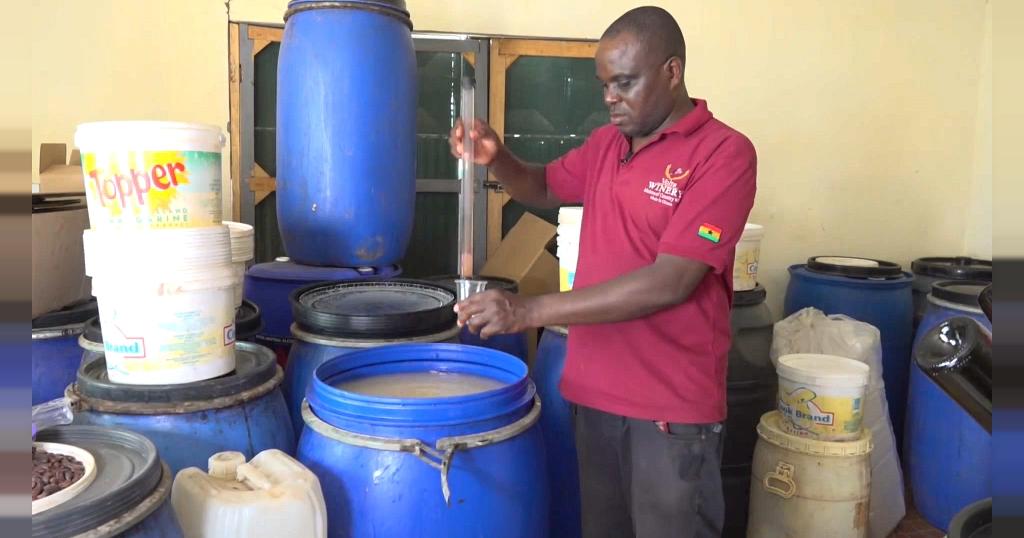How Should You Handle A Chronic Cheater?
By: Absalom Mulama
Posted on Sunday, August 23, 2020

So you found out your partner has been cheating on you, and forgave them. Weeks later you find out that your partner is still going behind your back with the same person. You confront them about the repeated behavior and they promise you that this time they will really change. Should you take their word? Should you also go cheat just to prove that two can play that game? Should you just abandon ship? What if a child is involved?

Cheating is cruel because it sends you into self-doubt and makes you question everything in your life, including even your faith. This becomes a level of crisis that can trigger depression and become extremely difficult to recover from. So how should you handle this cruelty?
Well, before making a rash decision, here is what Psychologist, Benjamin Nzulu, speaking on Switch TV Kenya’s Full Circle with Joyce, had to say about recovering your relationship after repeated infidelity. While the answer is not straight forward, here are some factors you need to consider.
Nzulu said that cheating in a relationship is considered ‘a breach of trust’ and only the people involved in the relationship can decide what is considered trustworthy within their relationship. You need to know what your partner will and will not condone, to know which lines you shouldn’t cross.
Nzulu mentioned that there are three stages to recovery once your partner cheats;
Storming
The stage when one partner in a relationship knowingly or unknowingly tries to push the relationship’s boundaries. This raises the possibility of relationship-threatening conflict, such as cheating. Usually occurs after the relationship has been going on smoothly without any major conflict.
For example: You just noticed that your partner suddenly spends too much time on their phone texting and is being overprotective with it. You point out this issue and when you gain access to their phone, you find out that they have been flirting with their ex-partner, about their ongoing sexual escapades. You decide to confront your partner about the issue, and then conflict arises.
Norming
This is the stage where you and your partner learn how to handle the conflict. This is when you learn how to appreciate your individual differences and try to understand your partner’s motives for cheating.
For example: After confronting your partner (in the previous example) they understand what they did was wrong, become remorseful and reassure you that they will change. You can even go further and discuss what led your partner to cheating. This discussion might help you develop a stronger bond, as you get to know your partner on a more intimate level.
Performing
In this stage, the guilty party in your relationship gets a chance to prove him/herself and to live up to their promise. This is when your partner’s reassurance is put to test. Your partner has to show you that he/she has changed by an immediate or gradual change of behavior, reflecting that he/she has dropped the addressed habit that brought the conflict.
For example: (Still on the initial example) After discussing with your partner about seeing their ex-partner and arriving at an agreement on the way forward, you can now watch if they stick to what they say. An immediate solution would be deleting their ex-partner’s contacts, while a gradual solution would be working on transparent communication within your relationship. Even better, if you discussed what motivated your partner to go back to their ex, then you might find out where you are lacking in the relationship and improve on yourself.







